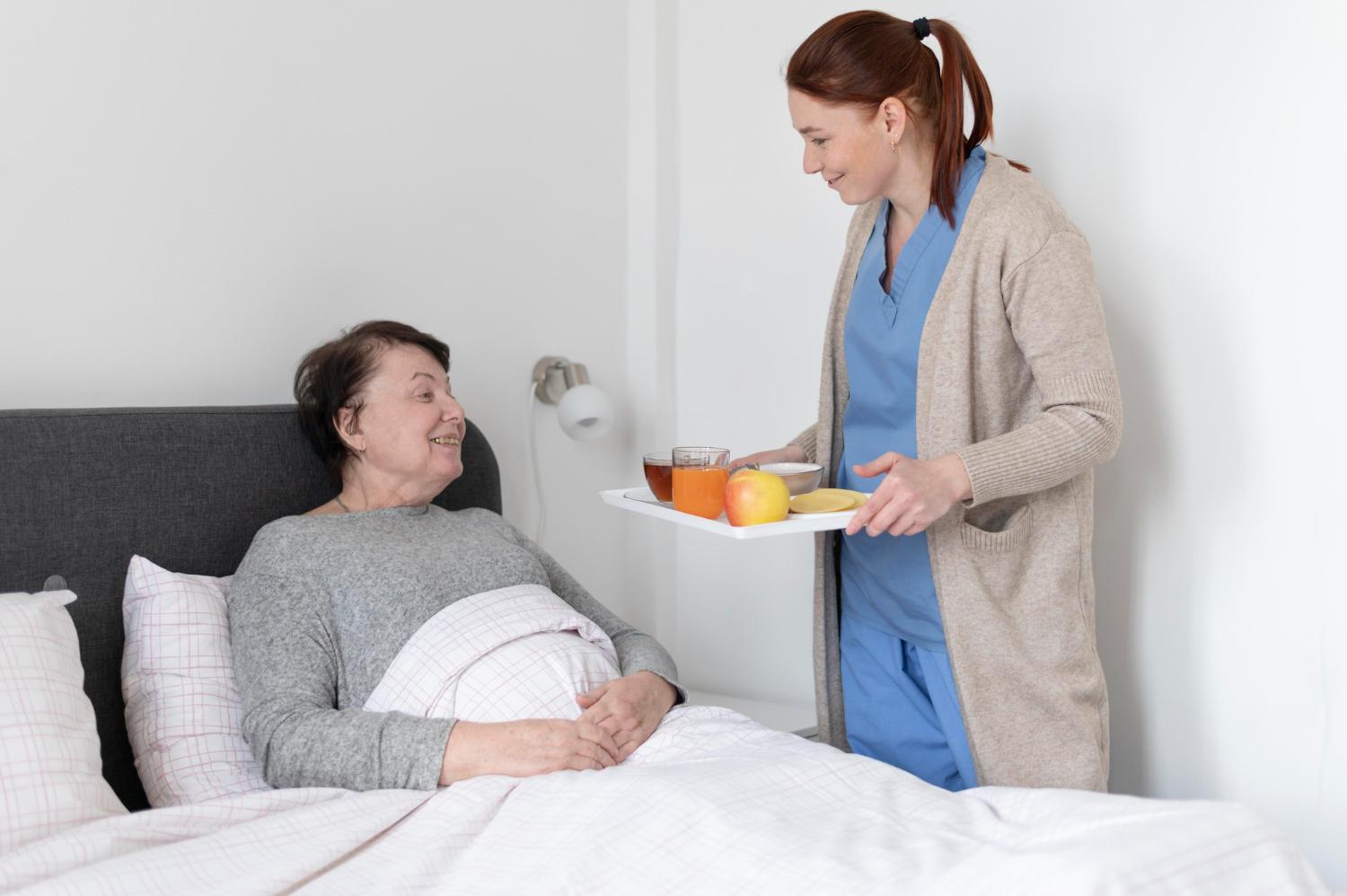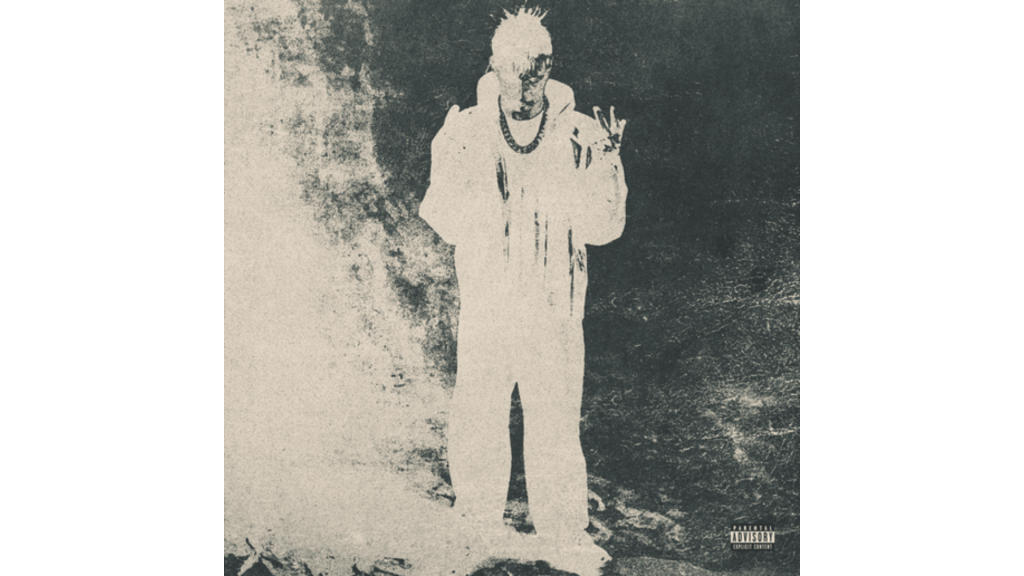Imagine a comforting presence during life’s most tender moments, offering gentle, practical support with a truly caring heart. In hospice care, certified nursing assistants become that invaluable anchor, bringing hands-on support right to the bedside. They focus on both the physical comfort and emotional well-being of patients and their families. In this unique setting, where easing suffering and honoring dignity are paramount, the CNA’s compassionate approach profoundly shapes the end-of-life journey.
The Unique Role of Hospice CNAs
The hospice CNA fills gaps that would otherwise leave patients adrift between medical interventions. They spend hours at bedsides while other team members rotate through briefly. This sustained presence creates a “sixth sense” about patient needs—they catch nuanced changes that even family members might miss.
These daily interactions create a rhythm that matters tremendously in environments where control over one’s circumstances has largely slipped away. Unlike the necessarily sporadic visits from doctors and nurses, CNAs provide continuity through:
- Morning care rituals that preserve dignity and routine
- Regular comfort checks throughout changing symptoms
- Real-time adjustments to positioning that prevent complications
- Environmental modifications based on patient preferences
- Companionship during moments when family members need breaks
The personal care provided extends beyond basic physical needs. A skilled CNA picks up on subtle cues—a grimace during movement, anxiety before specific procedures, or preferences left unspoken. They adapt their approach accordingly, sometimes switching techniques mid-task when they sense discomfort.
Consider how a CNA might turn routine mouth care into a moment of agency for someone with limited control: “Would you prefer the mint flavor or unflavored today?” This small choice represents autonomy when options have narrowed considerably. These seemingly minor interactions accumulate into something profoundly important—they transform clinical settings into more human spaces.
Skills and Qualities That Make Exceptional Hospice CNAs
Our hospice CNAs possess a distinctive combination of technical proficiency and interpersonal talents. Their success stems from mastering a balance few healthcare roles demand—medical knowledge alongside extraordinary emotional intelligence.
The technical aptitude required includes:
- Impeccable observation skills to detect subtle changes.
- Proper body mechanics for safe transfers and positioning.
- Wound care knowledge for skin integrity maintenance.
- Medication awareness (though not administering).
- Basic knowledge of disease progression patterns.
- Documentation precision for the interdisciplinary team.
Equally important are the interpersonal qualities that enable meaningful professional support:
- Exceptional active listening abilities.
- Cultural sensitivity and respect for diverse beliefs.
- Emotional resilience paired with genuine compassion.
- Intuitive understanding of nonverbal communication.
- Patience with cognitive changes and confusion.
- Ability to maintain appropriate boundaries while forming connections.
The intersection of these skills allows hospice CNAs to walk the delicate line between professional caregiving and human companionship. They know when medical intervention matters most—and when simply holding a hand in silence provides the greatest comfort.
Our CNAs often describe their work not as a series of tasks but as a calling. Their commitment goes beyond career choice to embrace a philosophy that values quality of life until its natural conclusion.
Direct Impact on Patient Comfort and Dignity

The immediate effect of skilled personal care becomes evident in countless ways throughout a patient’s hospice journey. Pain management efforts by physicians and nurses can be substantially enhanced by a CNA’s meticulous attention to positioning, environment, and non-pharmacological comfort measures.
Physical comfort manifests through:
- Freshly changed linens and clean clothing
- Properly moisturized skin, preventing irritation
- Gentle range-of-motion exercises to prevent stiffness
- Oral care, preventing discomfort from dryness
- Environmental adjustments—temperature, lighting, and noise control
Yet the hospice CNA’s impact extends far beyond physical comfort. They become keepers of dignity when illness threatens to strip it away. A patient who can no longer manage personal hygiene independently may experience a profound loss of self. The CNA who provides intimate care with respect—covering them appropriately, asking permission before touching, involving them in decisions—restores dignity through these interactions.
For many patients, the relationship with their CNA becomes a lifeline to normalcy. Conversations about everyday topics, shared humor, and the simple acknowledgment of preferences help patients maintain their identity beyond their illness. This psychological support proves as vital as physical care in the hospice philosophy.
The CNA’s presence also reduces isolation, a common challenge in end-of-life settings. Regular visits create a rhythm and connection that patients eagerly anticipate, particularly when family members cannot be continuously present due to distance or other responsibilities.
Supporting Families Through the End-of-Life Journey
Family caregivers often find themselves navigating unfamiliar territory when a loved one enters hospice care. Here, the professional support of CNAs becomes invaluable not just to patients but to their entire support network.
CNAs serve as practical educators, demonstrating:
- Safe transfer techniques to prevent injury
- Proper feeding approaches to reduce aspiration risk
- Effective positioning methods for maximum comfort
- Recognition of concerning symptoms requiring attention
- Simple comfort measures families can provide independently
This practical education empowers family members to participate meaningfully in care, addressing the helplessness many experience when facing a loved one’s declining health. The CNA’s guidance transforms anxious family members into confident care partners.
Beyond practical teaching, hospice CNAs provide emotional scaffolding for families. They normalize the grief process through their presence and experience with end-of-life journeys. Their approaches to bodily changes and symptoms often help reduce fear and uncertainty for family caregivers experiencing these situations for the first time.
Our hospice CNAs develop an intuitive understanding of when families need privacy and when they need presence. This discernment allows them to step back during intimate family moments while remaining readily available when assistance becomes necessary. The balance they strike enables families to be fully present without becoming overwhelmed by caregiving responsibilities.
The Challenges Hospice CNAs Face

The profound rewards of hospice work come alongside significant challenges. Hospice CNAs navigate emotional terrain that few professions encounter while managing physical demands and systemic pressures.
Emotional challenges include:
- Building meaningful connections while maintaining professional boundaries
- Processing grief when patients die without becoming emotionally depleted
- Witnessing family conflicts that sometimes emerge during crisis
- Balancing hope and realism in conversations with patients and families
- Managing their own mortality awareness triggered by regular exposure to death
Physical demands compound these emotional challenges. CNAs frequently:
- Assist with moving patients with limited mobility
- Standing for extended periods while providing care
- Adapt to varied home environments not designed for caregiving
- Travel between multiple locations in changing weather conditions
- Maintain heightened alertness despite emotionally draining work
Despite these challenges, most hospice CNAs describe finding profound meaning in their work. They develop resilience through self-care practices, peer support, and supervisory guidance. Many view the privilege of witnessing life’s final chapter as compensation for the difficulties they face.
The hospice approach recognizes that supporting CNAs through these challenges directly impacts patient care quality. Comprehensive training, emotional support resources, and appropriate staffing ratios all contribute to sustainable career paths for these essential workers.
What’s the True Value of a Hospice CNA?
The value of professional support provided by hospice CNAs cannot be measured solely through medical metrics. Their contribution extends beyond task completion to encompass the human connection that remains fundamentally important at life’s end.
As healthcare continues evolving with technological advances, the hospice CNA represents an essential counterbalance—the irreplaceable human touch in an increasingly digital landscape. Their presence reminds us that compassionate care delivered with dignity remains as important as the most sophisticated medical interventions.
For patients and families navigating life’s final transition, the hospice CNA often becomes the face of care they remember most vividly—not because of complex procedures performed but because of consistent presence during vulnerable moments. This presence embodies the core principles of palliative philosophy: that comfort, dignity and quality of life matter profoundly, even when a cure is no longer possible.











